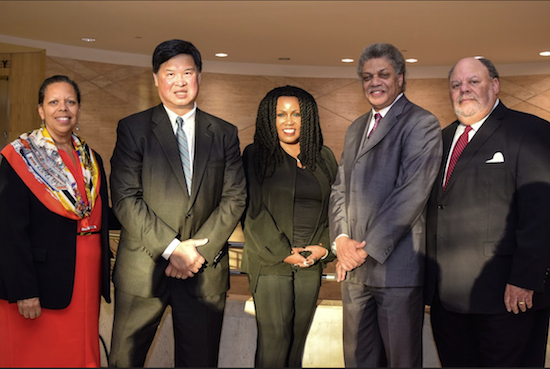Judicial Friends, MBBA celebrate 50th anniversary of Voting Rights Act

The Judicial Friends and the Metropolitan Black Bar Association (MBBA) got together to commemorate 50 Years of the Voting Rights Act of 1965 and the 150th anniversary of Juneteenth at Brooklyn’s federal courthouse on Wednesday.
The event was moderated by Errol Louis of NY1 and featured esteemed panelists, including Hon. Denny Chin, U.S. Court of Appeals 2nd Circuit, Hon. Patricia Gatling, former New York state Deputy Secretary for Civil Rights, President Marc Morial of the National Urban League and Hon. Paul Wooten of the New York State Supreme Court.
“It’s so great to see such a large turnout for the wonderful panel that we have,” said Hon. La Tia Martin, president of the Judicial Friends. “This is just a reminder of where we have come from and what we’ve endured to get where we are at.”

Brooklyn Boro
View MoreNew York City’s most populous borough, Brooklyn, is home to nearly 2.6 million residents. If Brooklyn were an independent city it would be the fourth largest city in the United States. While Brooklyn has become the epitome of ‘cool and hip’ in recent years, for those that were born here, raised families here and improved communities over the years, Brooklyn has never been ‘uncool’.